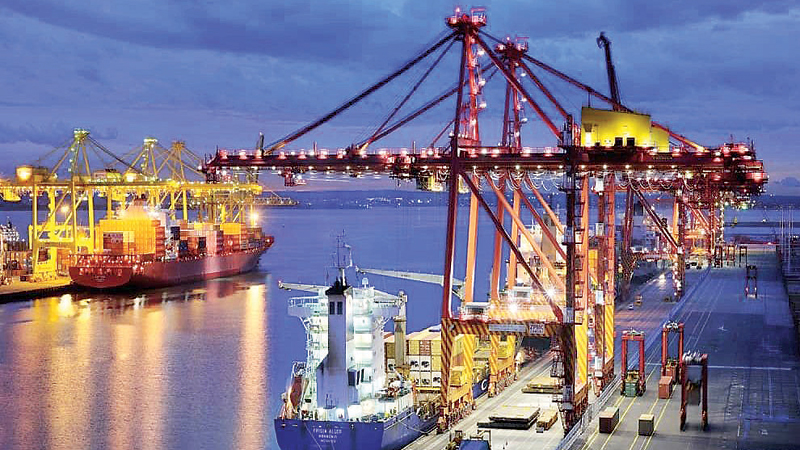

Market pundits reacted with optimism to the keenly awaited 2020 State Budget, which was unveiled by the Omani government on Wednesday. A standout feature was the spending increase — albeit modest — envisaged in the Budget, signalling a continued commitment by the government to keep the economy moderately well-oiled this year even while limiting the fiscal deficit to a reasonable eight per cent of GDP.
The State Budget approved by Royal Decree 1/2020 projects a total expenditure of RO 13.2 billion for 2020, representing a two per cent increase over the corresponding figure for 2019. Total revenues are anticipated at RO 10.7 billion, which is six per cent higher than the figure for 2019. The oil price assumed as the basis for this year’s budget remains at $58 per barrel, similar to last year’s price benchmark.
The fiscal deficit is estimated to reach RO 2.5 billion for 2020, corresponding to 8 per cent of GDP. Of this total, around RO 2 billion — representing 80 per cent of the shortfall — is proposed to be financed via domestic and external borrowings, while the balance RO 500 million will be drawn from the Sultanate’s reserves.
Around RO 5.2 billion (40 per cent) of the total expenditure is earmarked for basic social services (health, education and social welfare) while RO 6.2 billion (47 per cent) will go towards meeting the wage bill and allowances of government sector employees.
In remarks to the Observer, Lo’ai Bataineh, Chief Executive Officer — U Capital, welcomed the “expansionary budget” as a positive signal to the investment community. “Announcements like the higher expenditure compared to last year at RO 13.2 bn with additional spending of RO 2.7 billion outside the budget to be raised by PPP, loans and other internal measures related to projects in the field of petrochemical, utilities, tourism and hospitality, agriculture and food are delightful announcements which underscore the government intention of reviving investor sentiment across a diverse range of sectors,” the veteran banking sector executive noted.
“Together with all the new regulations that have issued and amended last year, notably the new commercial law, investment law, privatisation law and PPP law, these measures will help attract new FDI,” he stated.
Alkesh Joshi, Oman Tax Leader and MENA Energy Tax Leader at EY, described the State Budget as “prudent yet optimistic.’’ He explained: “The 2020 Budget, which is based on an estimated oil price of $58, demonstrates a cautious approach by the government as we are still in midst of some volatility as far as global oil price trends are concerned. The oil price is expected to remain range bound between $60-65 per barrel during 2020.”
The promising part of this budget is two-fold: The contribution of Oil & Gas revenue is pegged at 72 per cent of the total budget revenue, compared to 74 per cent last year, indicating a gradual shift towards reducing reliance on Oil & Gas and boosting the non-oil sectors; the government has also not shied away or slowed down its expenditure plans. The total expenditure has been increased by 3 per cent compared to the budgeted expenditure in 2019. The impact of the increase in government spending will be witnessed in terms of a boost in the GDP during the year. This will also lead to an increase in economic activity, thereby resulting in an improvement in the business sentiment in general, commented Joshi.
Gaurav Kapoor, PwC Director — Tax Reporting and Strategy Leader, characterized the budget as “very prudent.’’ He lauded the government’s decision to maintain the budgeted oil price at $58 per barrel in the face of market expectations that the oil price benchmark would be higher.
“The budgeted deficit will aid to keep the economy momentum upbeat and one can expect actual deficit by end of 2020 to be lower. The government has started to do a lot in terms of focusing on non-oil and gas revenues, and its divestment plans. It will be interesting to see how things unfold in 2020. Overall a good budget considering the overall current economic environment!” he added.
Oman Observer is now on the WhatsApp channel. Click here



